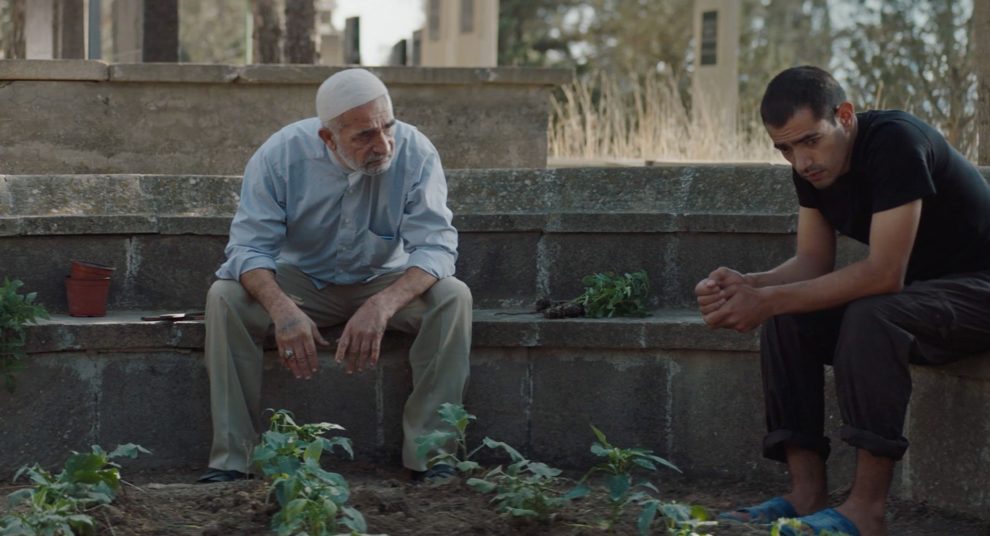Azerbaijani drama “Cold as Marble” was one of the big winners of Tallinn Black Nights Film Festival. For “his powerful and nuanced performance as the mean and manipulative father”, Gurban Ismailov received the Best Actor award, and this is probably one of the most relatable prizes handed out at the night of the closing ceremony in Tallinn.

Ismailov gives “Cold as a Marble” the necessary weight when he appears on screen almost halfway into the film. Playing a rough, emotionless man who has just returned home from prison, he becomes the centerpiece of the narrative and its solid rock. His role is dark but not without a pinch of humor, and there is a heavy polarity between his passive-aggressive behaviour and the likeability of his witty remarks. The first encounter with the old man is shockingly natural, like stumbling into a new, unpleasant neighbour and not knowing what to do. And Ismailov simply gives you a stare, almost as if he understands what kind of impact he has just caused. He is mostly shot through semi close-ups, with attention to his smirks and eye movements.
The script Rustamov co-wrote with Roelof Jan Minneboo has a few hickups that are ironed out by a touch of modernity and the strongly depicted relationship between father and son. Firstly, there is a solid portion of (not always so mild) eroticism, unusual for the Azerbaijan cinema which traditionally shies of representation of nudity and lovemaking. This small controversy will certainly make things interesting for the film back home, because the affair between the film's main protagonist played by Elshan Askerova and a young woman (Natavan Abbasli) married to a constantly absent businessman, is depicted in its beautiful nonchalance during the time when both lovers can still enjoy it without preassure to change a thing.

The life of the Son, an artist who makes his living by working for a tombstone business as the epitaph carver, changes drastically when he discovers his house door open ajar, only to find his father back from prison, much earlier than expected. This will pull off the rag from below his feet; many years after his father murdered his mother, the Son still can't enter the bedroom, and he is sleeping on the shabby living room sofa instead. Now faced with the man who destroyed his family with one blow, he realizes that there is no trace of remorse in the old man. Father's remarks about the past are cryptical, yet cold. On the other hand, he is trying hard to build a relationship with his son. He does it with wrong wording and typically macho phrases that come from a place where they still sound cool, undoubtely stuck in his head from the years spent in prison.
The Woman, an educated, free-spirited and very married (according to her – to give her husband an aliby), knows how to manoeuvre between the official and hidden life. She is seemingly always in control of whatever situation presents itself, but she will remain a big enigma even when it stops being important what kind of. Her story is even a more intriguing one than the Father's, but unlike his, hers will not be told in detail.
The strangest story about the film concerns the cast. Less than a month before the shooting, Asif Rustamov had to search for the new actors for both The Son and The Woman, because the original cast changed their minds, probably because of the erotic scenes. It is only for the better that things happened this way, for it is difficult to imagine anyone else playing them. This heavy-weight psychological drama wouldn't have worked that well without the physical imperfections of the male- and immaculate beauty of the female lover, their fight of intellects and secrets.
“Cold as Marble” celebrated its world premiere in the Official Selection Competition of Tallin Black Nights, where it ran for the Grand Prix. The biggest problem is the credibility of one particular liason in the plot, and the calculations made around it. How far in the future can you plan with certainity?















